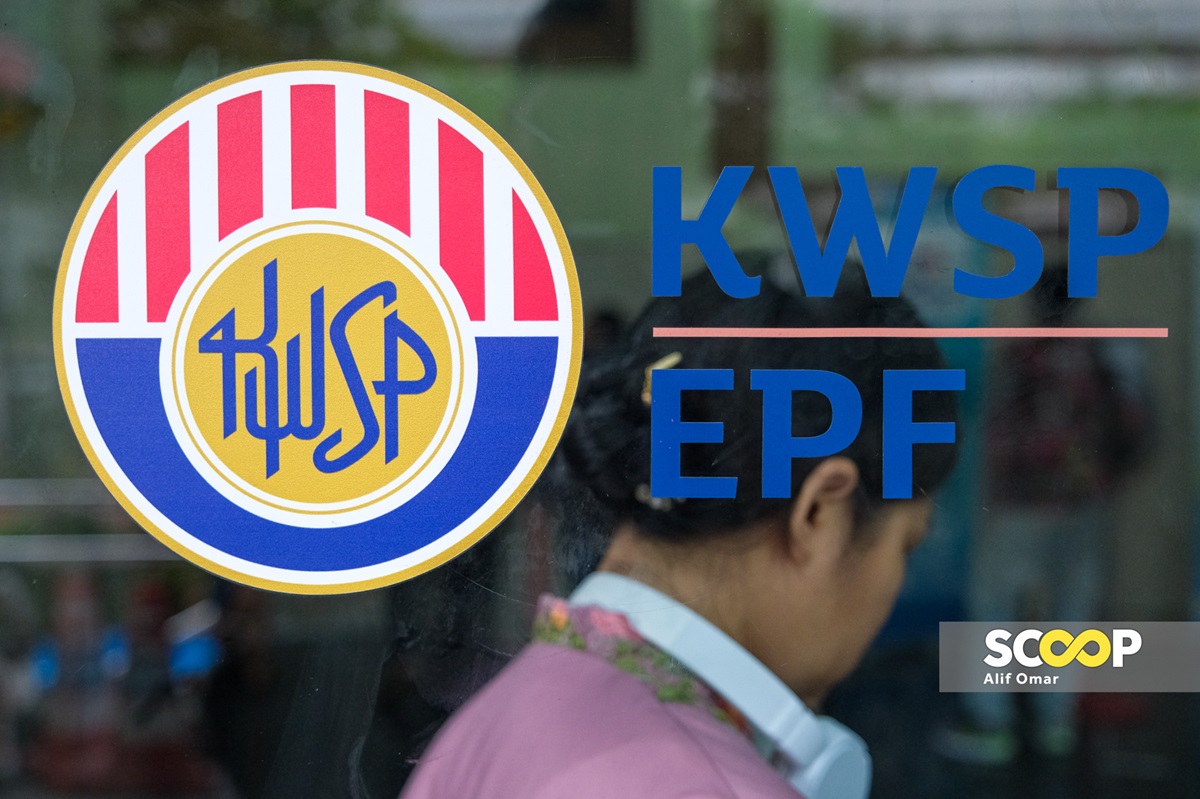KUALA LUMPUR – The manufacturing sector is seeking a one-year deferment of the planned 2% Employees Provident Fund (EPF) contribution for foreign workers, citing multiple cost increases faced by businesses.
Federation of Malaysian Manufacturers (FMM) president Tan Sri Soh Thian Lai said that manufacturers will also face a 14.2% increase in electricity base tariff rates under Regulatory Period 4 (RP4) from July 2025, further adding to operational cost pressures.
“A delayed implementation would offer businesses crucial breathing space to navigate these financial challenges,” he told Bernama.
On February 3, the government announced that foreign workers’ EPF contribution rates would be set at 2% for both employees and employers – lower than the mandatory rates for Malaysian workers and permanent residents, which stand at 11% for employees and 12-13% for employers.
Soh urged the government to consult the private sector before implementing any future policy changes, including potential adjustments to the contribution rate, particularly for industries reliant on foreign labour.
He stressed the importance of clear and transparent guidelines on the mechanics of the contribution scheme, its integration with existing social security systems and the potential for future refinements to ensure a smooth transition for all stakeholders.
At the same time, Soh expressed hope that if the policy is enforced, the government would maintain the 2% rate for a reasonable period to provide businesses with cost certainty, allowing industries sufficient time to adjust and plan their workforce strategies.
Employers may pass higher costs to consumers
Associate professor and economic analyst at UniKL Business School Aimi Zulhazmi Abdul Rashid said the burden of additional cost would significantly impact industries that rely heavily on foreign workers, including construction, food and beverage, transportation, logistics, and plantations.
With the minimum wage already increased to RM1,700 from RM1,500 in February, businesses are now forced to reassess their costs and may pass these increases on to consumers through higher prices for goods and services.
He emphasised that rising costs would affect small and medium enterprises (SMEs) the most, adding to their face financial strain.
“Their survival is at risk and they will likely pass the added costs on to consumers through price hikes.
“This may also result in a rise in illegal workers, as some employers may be unwilling to absorb the increasing financial burden from levies, minimum wages, and EPF contributions,” he warned.
No impact on the foreign labour force
Conversely, economist Geoffrey Williams believes the EPF contribution will not significantly impact local businesses.
“While it would generate around RM800 million for the EPF, this amounts to only 0.64% of its total fund size – a relatively small increase compared to overall investments, especially after accounting for management fees,” he said.
He also stated that the contribution would have a neutral impact on the economy, as it merely involves transferring funds from companies and foreign workers into the EPF, without generating additional money or net returns.
“As a result, it will not help narrow the wage gap between local and foreign workers,” he added.
Nonetheless, Williams acknowledged that this reform is a positive initiative and a modest start, as it demonstrates that the government has listened to employers’ concerns and made appropriate adjustments. – March 23, 2025

